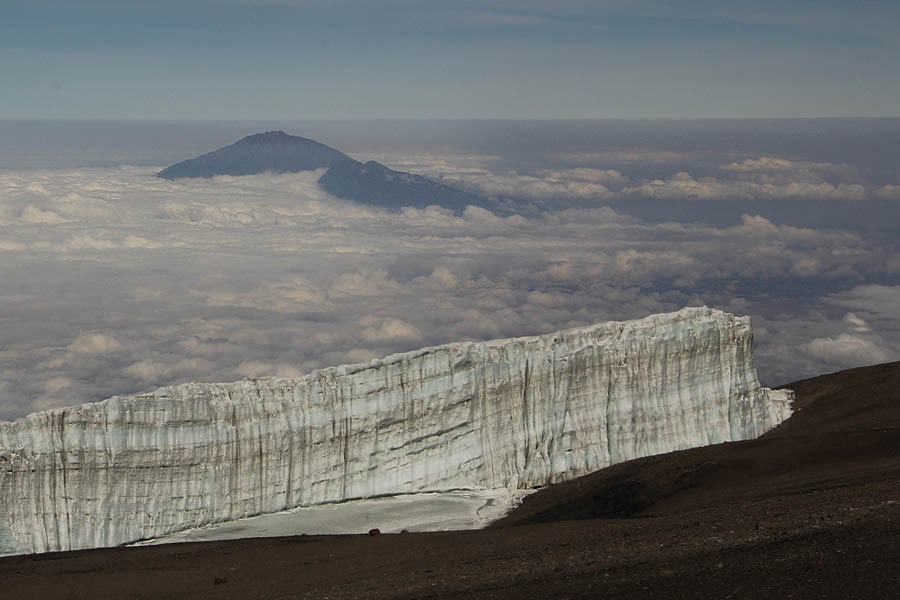The Sikkim government has formed a 13-member commission to assess the glacial lakes spread across the Himalayan state, especially the ones vulnerable to GLOF (glacial lake outburst flood), and make recommendations to the state to take steps to mitigate the damage if the natural disaster occurs.
Named the “Sikkim Commission on Glacial Hazards,” the commission is headed by Akhilesh Gupta, a former senior adviser in the department of science and technology of the Indian government.
“The commission has a daunting task of assessing vulnerable glacial lakes in Sikkim and propose appropriate mitigation strategies to reduce the impact of such hazards in future. The commission looks forward to working with all stakeholders within and outside Sikkim to seek a long-term solution to the problem. As the impact of climate change increases in future the frequency, intensity and duration of such disasters may increase,” Gupta posted on X on Sunday.
The decision, administrative sources said, was made after the GLOF in October 2023 in north Sikkim's South Lhonak Lake.
According to sources, there are 40 glacial lakes in the mountain state that sit on the India-China border. Among these, 16 glacial lakes — 13 in north Sikkim and three in west Sikkim — are considered highly vulnerable.
The recent notification issued by the state on the panel adds that because of climate change, the accelerated rate of melting glaciers has formed or is in the process of forming many such lakes, creating a threat of glacial hazards in Sikkim.
The commission, sources said, will review the present state of the glaciers and glacial lakes of Sikkim and identify the vulnerable lakes. It will also come up with specific suggestions and strategies for each such lake to mitigate the damage in the downstream areas of each lake.
“The commission will also suggest if a task force is needed to execute mitigation measures on the ground. The panel will submit its report by February,” said a source.
Other members of the panel include experts and educationists such as Kalachand Sain, A. Ramsoo, Mahendra P. Lama, Piyush Gourav, Ashim Sattar and Anil Kumar Gupta.










